A trader once said that there was no point thinking too much about how one would spend his money when he was only half way to his destination to trade. Too much could happen, the fates could decide an alternative ending, or sometimes simply the sense of expectation could destroy a dream before it arrived.
This trader was a veteran of Himalayan travel and trade and knew well that the world of mountains had much variety and that nothing was entirely certain until it was in the past. Mountains after all are for many, the origin of all life, and no origin of all life could possibly be a ‘simple’ place. Those traders always had words that somehow summed up all in a moment.
So, with that in mind, after a 5 hour flight from Hong Kong, a three hour sleep in Delhi and then a 7 am departure by train from Delhi’s train station for Chandigarh.
Michael and I have in fact arrived to our prime point of departure, Manali, which sits in the alpine grace of the Himalayan foothills. At Chandigarh the thick powerful Raju and the smiling driver Dav retrieved us for the 9 hour drive to Manali.
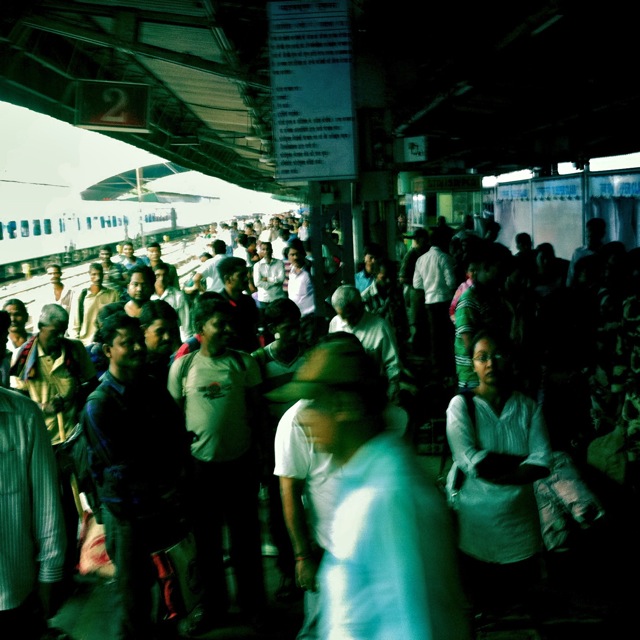
No one does colourful chaos like India. A world that moves and shifts without end. Delhi’s train station
Monsoon rains would come and then disappear with every bend in the road and the roads (once we hit Himachal Pradesh) become unchanged in the nearly ten years it has been since I’ve been on this road of holes, of teahouses, of cripples and of vibrancy.
The nearby destructive rains that have flooded and killed so many this year further east of us here have managed to swell the rivers, including the Sutlej to massive widths and steaming power. Rains are one of our concerns as it is still the Monsoon season and while the greens of the hillsides take the breath with their lush potency, rain in mountains carries with it the risk of landslides, flooding and route closures.
Altitude brings with it changes in the features on people’s faces, it brings some respite from the heat and it brings a huge relief that we are in fact arriving. Yes, the bodies ache from travel and the eyes fill up with groggy swelling but we do get a wonderful rush of what I like to refer to as ‘peace’.
Reports tell us that our intended route bearing towards Batal is clear and relatively dry, though neither of us are particularly worried – nor impressed – as in the words of that trader I mentioned, so much can happen. We are intact, our gear is intact, and the minds are clear and content. For now that is enough.
Hill towns and the ‘hill-people’ energy, regardless of their location in the Himalayas carry a sense of similar – both literally and figuratively – DNA and somehow they envelop you. It is as though by simply reaching them, one has reached the energies that protect all places of the heights. Where we are now is a kind of crucible of valleys, trade paths and wandering little strands that disappear to villages…and deeper north into the mountains.
We have one piece of news that though not unexpected, confirms the inevitable: we will not have access to 3G or connectivity for much of our 30 + day journey. Satellite phones in the region are forbidden and we’ll simply have to abide and enjoy a world without wires, which in many ways gives a bit of joy and reminds us that delicious sense of being where we should be: ‘away’.
Our alpine style rooms over look the valley which is steeped in black and coloured lights and when morning does decide to come, a snow pass and mountain will be there for the senses to contemplate while taking a tea.
We order a last tea and sit on a veranda with sounds of night and still air hosting the backdrop and tuck into a last meal of local mushrooms, lentils and rice.
We will try posting while we can but it is an inevitability that we will collect our tales and unleash them when we are back amidst the world of wires. For now we simply enjoy a bit of time in Manali, sip some tea, go over our gear list, and indulge in lentils.
Somewhere out in Manali’s night air a soft bell of worship rings.

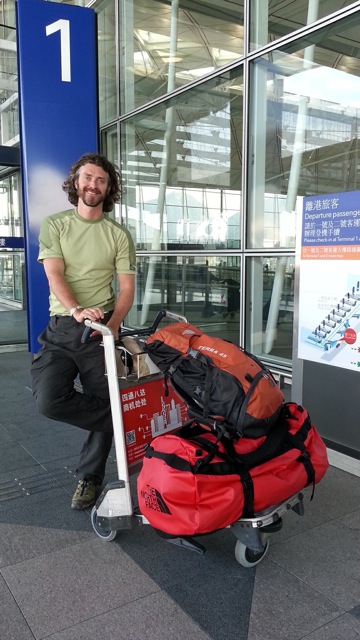
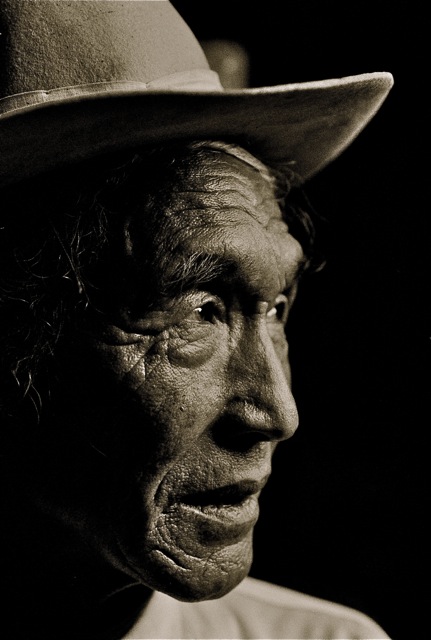
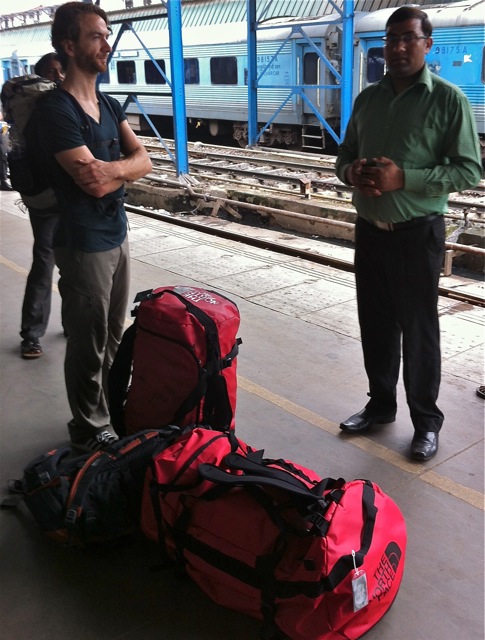
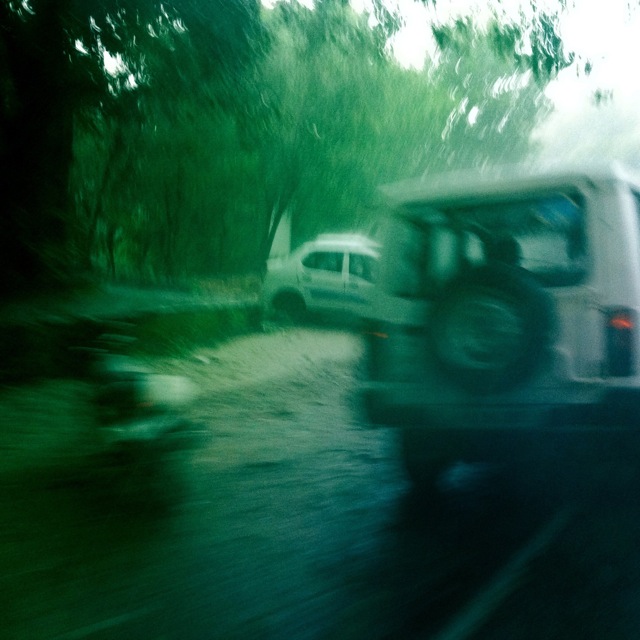

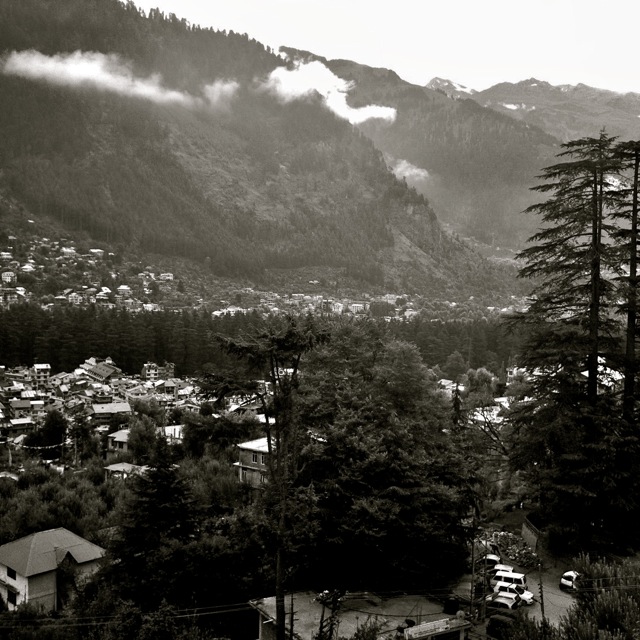

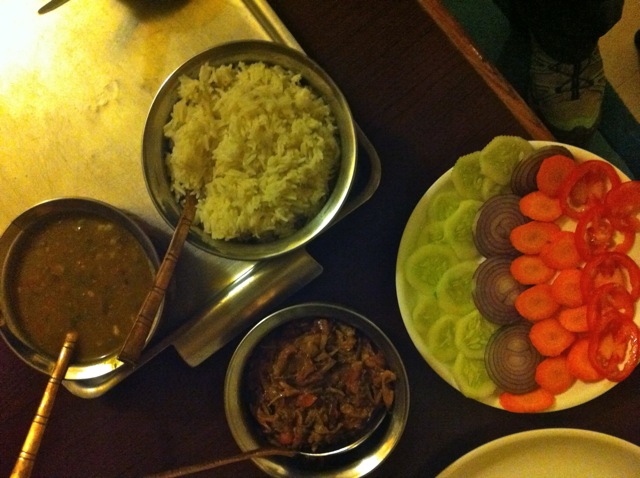
Somewhere out in Manali’s night a soft bell of worship rings…. love that. I can almost hear it. I wish you the very best of everything – including inspiration, awe, safety and good times.
Love and Light,
Kim